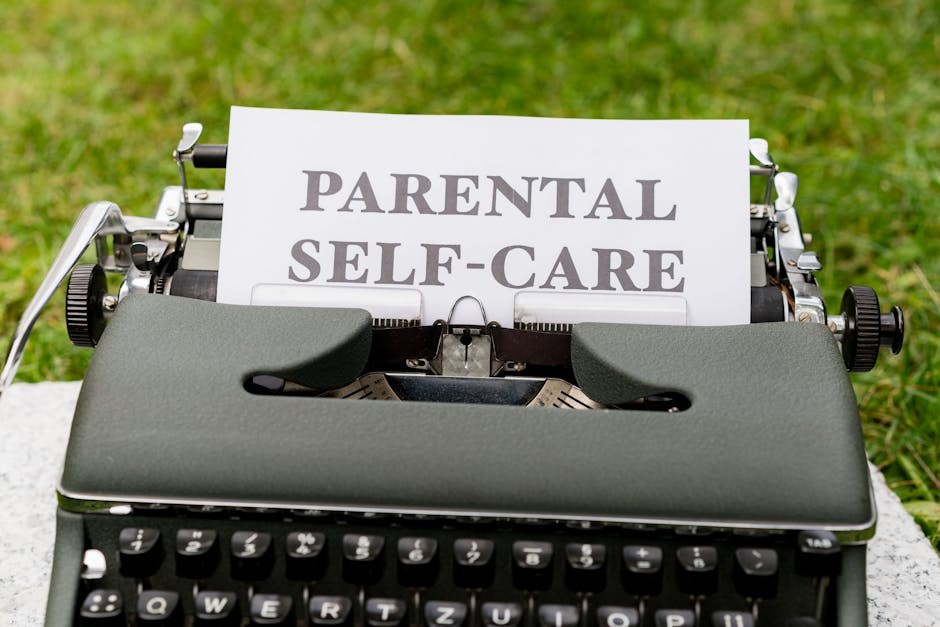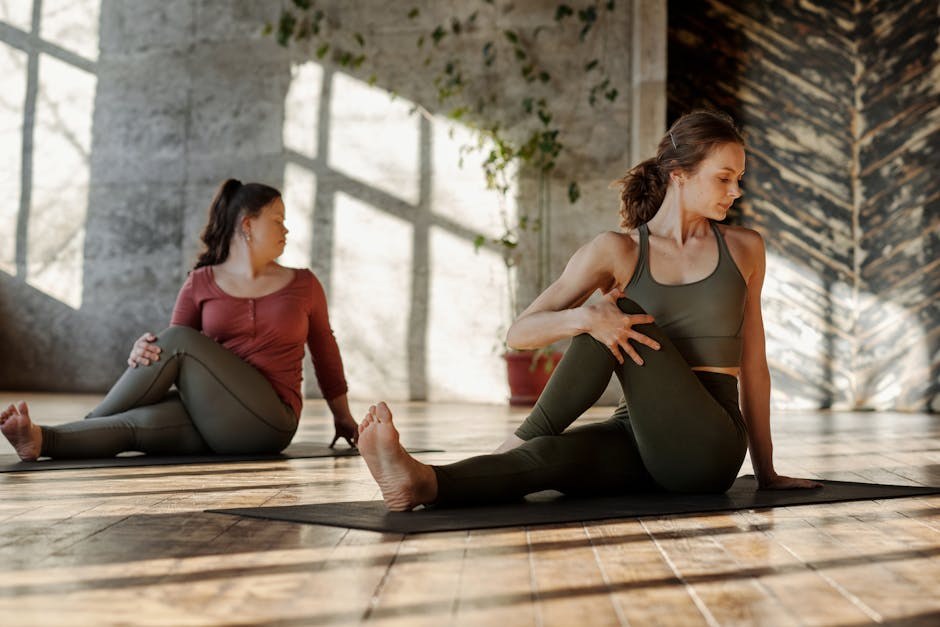You might picture a flirtatious night out culminating in steamy, movie-worthy passion – but the chemistry between alcohol and sex rarely plays out that way. The warm buzz that feels like freedom can blur judgment, numb sensation, and scramble the timing your body relies on to feel good. In other words, alcohol and sex often collide rather than connect, and the result is more awkward than erotic. This isn’t a lecture about never touching a drink; it’s a reality check about what happens between bodies and brains when booze enters the bedroom.
The fantasy vs. the reality
Popular culture romanticizes liquid courage: two people lock eyes across a bar, one more cocktail later, and suddenly shyness melts into raw desire. The truth is less glamorous. When alcohol and sex meet, the same disinhibition that dissolves social anxiety can also quiet the inner signals that keep intimacy tuned – desire becomes fuzzy, arousal drags, and coordination goes off-script. Kisses miss, rhythm stumbles, and a moment meant to be playful can turn messy or even upsetting. If you’ve ever woken up thinking, “That didn’t feel like me,” you’ve brushed up against how powerfully booze can distort sexual experience.
Stories that sound familiar
Consider a pairing where one partner drinks heavily and the other stays sober. On the surface, extended performance might seem exciting, yet it can morph into marathon sessions without a finish, leaving both people unfulfilled. Alcohol and sex in that dynamic may mean endless motion with little payoff – a loop that fosters insecurity rather than connection. The sober partner can feel like a prop, the drinking partner feels strangely distant, and neither gets what they hoped for.

New couples often test boundaries with a shared buzz, believing it will ease first-night nerves. But alcohol and sex can yield the opposite: erections that won’t cooperate, lubrication that refuses to show up, and two people blinking at one another while the moment slips away. Desire is present, yet the body’s switches – which count on responsive nerves, balanced blood flow, and clear mental focus – fail to flip.
Then there’s the all-too-common tale of a partner nodding off mid-encounter. When alcohol and sex collide this way, it isn’t merely un-sexy; it can feel dismissive. Nothing douses the mood like a sleepy thrust followed by a snore. Even when no one intends harm, intoxication leaves one person feeling unseen and the other effectively absent.
What alcohol actually does to the moment
At its core, alcohol is a depressant. It slows reaction time, meddles with coordination, and blunts sensitivity. Alcohol and sex therefore move at cross-purposes: where closeness thrives on presence and attunement, intoxication creates distance – a thin veil between what you intend to feel and what you actually can feel. The prefrontal cortex, the part of the brain that manages impulse control and complex judgment, takes a back seat; rash choices climb into the front. That can mean pushing ahead with a plan your sober self would rethink, ignoring boundaries you normally respect, or forgetting to plan for protection altogether. None of that sets the stage for satisfying intimacy.

Why desire gets foggy
Arousal is a coordinated process: your mind anticipates, your nervous system relays signals, and your blood vessels respond. Alcohol and sex disrupt this relay. Your brain’s signals reach the body more slowly, and the rush of anticipation becomes a trickle. The feedback loop that heightens sensation – slight touch leading to more sensitivity leading to stronger desire – fizzles. You might want to want it, yet the ignition feels damp.
When lubrication checks out
Hydration supports comfort, flexibility, and pleasure. After a night of cocktails, dehydration sets in, and that dryness doesn’t just hit your mouth – it affects genital tissues, too. Alcohol and sex meet a practical obstacle here: the body’s self-lubrication mechanisms lag, and friction rises. Even with enthusiasm, the experience can turn uncomfortable fast. This isn’t moralizing; it’s simple mechanics. Without adequate moisture, touch that should build heat can turn abrasive, which nudges the nervous system toward defense rather than pleasure.
Why erections go missing
The phrase that jokes about stiff drinks and soft outcomes has roots in physiology. Alcohol and sex are misaligned because alcohol dampens the nervous system and interferes with the vascular responses needed for an erection. Blood flow needs a green light from the brain, smooth coordination of muscles around blood vessels, and an unobstructed path for pressure to build. Intoxication throws up yellow lights everywhere. Sometimes a partial response shows up, only to fade; other times there’s no response at all. The more heavily someone drinks, the more likely that choreography stumbles.

Orgasms that refuse to land
Sensation builds toward climax through a cascade – mental focus, rhythmic stimulation, and an ever-tightening loop of feedback. Alcohol and sex dull that loop. The mind wanders, the body feels less precisely, and the point-of-no-return recedes like a shoreline you keep swimming toward but never reach. For some, climax arrives but feels strangely distant; for others, it stalls indefinitely. When lubrication is lacking or erections are inconsistent, the path gets even longer and rockier.
Communication gets sloppy
Great intimacy relies on small, constant adjustments – a shift in pressure here, a check-in there. Alcohol and sex scramble those micro-calibrations. Mixed signals multiply: a murmur is misheard, a pause isn’t noticed, a yes sounds more like a maybe. Coordination suffers, too – hands fumble, bodies miss, and what should feel like a duet turns into a clumsy solo. It’s hard to give or receive clear feedback when speech slurs and attention flickers.
Beer goggles and the morning-after mirror
Perception under the influence is a funhouse mirror. Attraction can inflate or deflate dramatically depending on the vibe, the room, and the level of intoxication. Alcohol and sex under those conditions often produce choices that puzzle you in daylight. This isn’t about shaming desire – it’s about acknowledging how easily a buzz can tug you toward partners or situations that don’t align with what you genuinely want when you’re fully present.
Consent needs clarity
Intimacy rests on clear, enthusiastic participation. When alcohol clouds memory, slows reactions, and confuses speech, consent becomes harder to track and easier to misread. Alcohol and sex therefore demand extra care: checking in often, prioritizing mutual understanding, and recognizing that a genuine yes lives in alert attention, not in a haze. Even good intentions can get lost when signals are distorted, so building habits of clarity before the first drink matters.
Protection gets forgotten
In the moment, condoms and other protective choices can slip down the priority list – not because you don’t care, but because impaired judgment bends focus toward immediate gratification. Alcohol and sex in that context can mean skipped precautions and unplanned consequences. Planning ahead – having what you need within reach, agreeing on boundaries before the night starts – helps prevent awkward, last-minute scrambles.
How to keep the spark without the slump
Plenty of people enjoy a glass of wine and a flirty evening. The key is knowing when the scale tips from playful to counterproductive. Alcohol and sex can coexist more smoothly when you keep sensation vivid and choices intentional. That might mean pacing your drinks, spacing them with water, or deciding to press pause on intimacy if the room starts spinning. It might also mean shifting the focus from performance to connection – slowing down, noticing breath, and letting touch lead instead of expectation.
Reframing “liquid courage”
Many rely on a drink to quiet the self-conscious voice that says you’re too much or not enough. A kinder approach is to bring curiosity instead. Alcohol and sex can feel less treacherous when your bravery comes from consent-forward conversation: What does your partner enjoy? How fast do they want to move? What helps them feel safe and turned on? Courage built on honesty – not intoxication – keeps pleasure aligned with values. You’re no longer outsourcing boldness to a bottle; you’re practicing it with words and presence.
What to do when intimacy feels off after drinking
If last night’s encounter left you frustrated, embarrassed, or uneasy, compassion is the first step. Alcohol and sex can produce outcomes that don’t match your intentions – that’s a signal to recalibrate, not a measure of your worth. Talk about it if you can: “I felt distant.” “I wanted to be there with you and wasn’t.” “I’d like to try again when we’re clearer.” Repair thrives on transparency. From there, consider experimenting with timing – maybe save intimacy for earlier in the evening, or for nights when you decide to stay sober together.
Staying present on purpose
Presence is the ingredient that almost always improves intimacy. Alcohol and sex are at odds here because intoxication steals presence – your awareness of sensation, your attunement to another person, and your ability to navigate changing desires in real time. To rebuild that presence, craft a ritual: dim the lights, put away phones, breathe together before clothes come off. If you do choose to drink, set a gentle boundary beforehand about how much and how fast, and treat that plan as part of your shared care.
When one partner drinks and the other doesn’t
Mismatched intoxication can amplify distance. The sober partner reads subtle cues quickly; the drinking partner, not so much. Alcohol and sex under that imbalance may feel like two separate experiences happening at once. If this pattern recurs, discuss what feels good and what doesn’t – perhaps intimacy happens before alcohol enters the picture, or perhaps you explore closeness that doesn’t depend on performance: more kissing, more teasing, more patience. Aligning expectations prevents one person from feeling used and the other from feeling guilty.
Practical ways to rescue a wobbly night
Slow the pace. Swap the next round for water, add snacks, and let your body catch up. Alcohol and sex benefit when sensation returns from “muted” to “noticeable.”
Change the script. If erection or lubrication isn’t cooperating, pivot to touch that doesn’t require them – hands, mouths, massage. When alcohol and sex clash, versatility keeps connection alive.
Recheck consent. Ask simple, present-tense questions: “Do you like this?” “More or less?” Alcohol and sex stay safer when the dialogue is active and kind.
Welcome imperfection. Laughter eases pressure. A stumble doesn’t end the night; it invites creativity. Alcohol and sex feel gentler when neither of you is auditioning.
Morning-after resets
How you handle the day after shapes future experiences. If you’re disappointed, frame it as information: alcohol and sex didn’t align last night – what might you do differently? Maybe brunch replaces a rerun of the same plan; maybe you two schedule intimacy for a time that supports presence. If feelings of shame creep in, meet them with care rather than punishment. Your body isn’t broken; it was doing its best under fuzzy instructions.
Building heat without a haze
Flirtation doesn’t require intoxication. You can cultivate chemistry deliberately – eye contact that lingers, praise whispered at the right moment, a tease sent earlier in the day. When alcohol and sex are separated by intention, desire becomes clearer, more specific, and easier to satisfy. Think of arousal as a conversation you prepare for: set the scene, honor boundaries, and let anticipation grow in the background of your day rather than at the bottom of a glass.
What if you still want a drink?
Plenty of couples enjoy a cocktail ritual that feels romantic – the clink of ice, a shared toast. If you keep the buzz light and the check-ins frequent, alcohol and sex can coexist with fewer hiccups. Consider low-ABV options, keep water nearby, and pay attention to your own body’s thresholds. The moment your coordination dips or your words start to slur, treat that as a loving cue to transition from sexual plans to cuddles and sleep. The bravest choice is the one that protects tomorrow’s connection.
Why this all matters
Intimacy isn’t just physical; it’s relational. Alcohol and sex tug at that relationship from opposite sides – one blurring edges, the other needing precision. When you understand that tension, you get to choose the conditions where passion thrives: clear consent, responsive bodies, and communication that doesn’t miss its mark. You also dodge the trap of measuring your desirability by a night influenced by a chemical that makes everything feel both bigger and duller at once.
Rewriting the script for future nights
Start earlier, go slower, and let curiosity lead. Agree on boundaries before the bar, stash protection where you can reach it, and decide on a signal for “let’s pause.” Treat presence like an aphrodisiac. Alcohol and sex can be less of a trainwreck when the star of the night is connection – the kind that breathes, listens, and adapts. If a drink is part of your ritual, keep it modest and make the pleasure about each other, not about numbing awkwardness. That’s how you trade clumsy encounters for heat that actually lands.
So here’s the plain talk: the best stories rarely start with a blackout or end with a shrug. When you protect sensation, clarity, and mutual joy, desire doesn’t need to shout over the noise. Alcohol and sex don’t have to be enemies, but they aren’t automatic friends either – and when you give intimacy the conditions it deserves, the spark that shows up is the one you’ll want to remember.